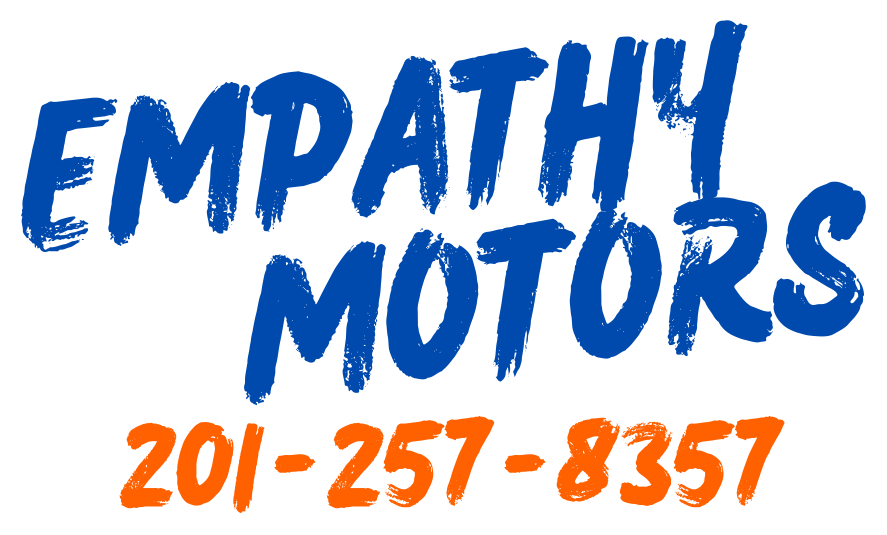
Posted Wednesday, Mar 13, 2024
In the realm of car buying, the landscape can be daunting, especially when venturing into the realm of used car dealerships. For many, the mere mention of purchasing a used vehicle from a dealership conjures up images of pushy salespeople, shady deals, and unreliable cars. However, this stereotype doesn't represent the entire industry. With the right approach and knowledge, navigating the world of used car dealerships can be a smooth and rewarding experience.
Before diving headfirst into the sea of used car dealerships, it's essential to understand the market dynamics. Used car dealerships come in various shapes and sizes, ranging from small independent lots to large franchised dealerships. Each has its own set of advantages and disadvantages. Independent dealerships may offer a more personalized experience, while franchised dealerships might provide a wider selection and certified pre-owned programs.
Research is your best friend when it comes to buying a used car. Before visiting any dealership, spend time researching the makes and models you're interested in, along with their average market prices, common issues, and reliability ratings. Websites like Consumer Reports, Edmunds, and Kelley Blue Book can provide valuable insights into the vehicles you're considering.
Once you've narrowed down your options, it's time to visit the dealerships and inspect the vehicles in person. Pay close attention to the exterior and interior condition, looking for signs of wear and tear, rust, or any other red flags. Don't hesitate to ask for a test drive to get a feel for how the car handles on the road. During the test drive, listen for any unusual noises, check the brakes, steering, and acceleration, and make sure all the features and functions are working correctly.
Don't be afraid to ask the salesperson plenty of questions about the vehicle's history, maintenance records, and any warranties or guarantees offered by the dealership. A reputable dealer should be transparent and willing to provide you with all the information you need to make an informed decision.
Even if a car looks and drives well, it's always a good idea to have it inspected by a qualified mechanic before making a purchase. A thorough inspection can uncover hidden issues that may not be immediately apparent, potentially saving you from costly repairs down the road.
Negotiating the price of a used car is a delicate dance. Start by knowing the fair market value of the vehicle based on your research, and be prepared to walk away if the dealer isn't willing to meet your price. Remember, you have the power as the buyer, so don't be afraid to negotiate for a better deal.
Once you've agreed on a price, review all the paperwork carefully before signing anything. Make sure you understand the terms of the sale, including any financing options, warranties, and return policies. If something doesn't seem right, don't hesitate to ask for clarification or seek legal advice.
While the prospect of buying a used car from a dealership may seem daunting, it doesn't have to be a stressful experience. By doing your homework, asking the right questions, and taking the time to inspect and test drive potential vehicles, you can navigate the maze of used car dealerships with confidence. Remember, the goal is to find a reliable and affordable vehicle that meets your needs, and with the right approach, you can find exactly what you're looking for.